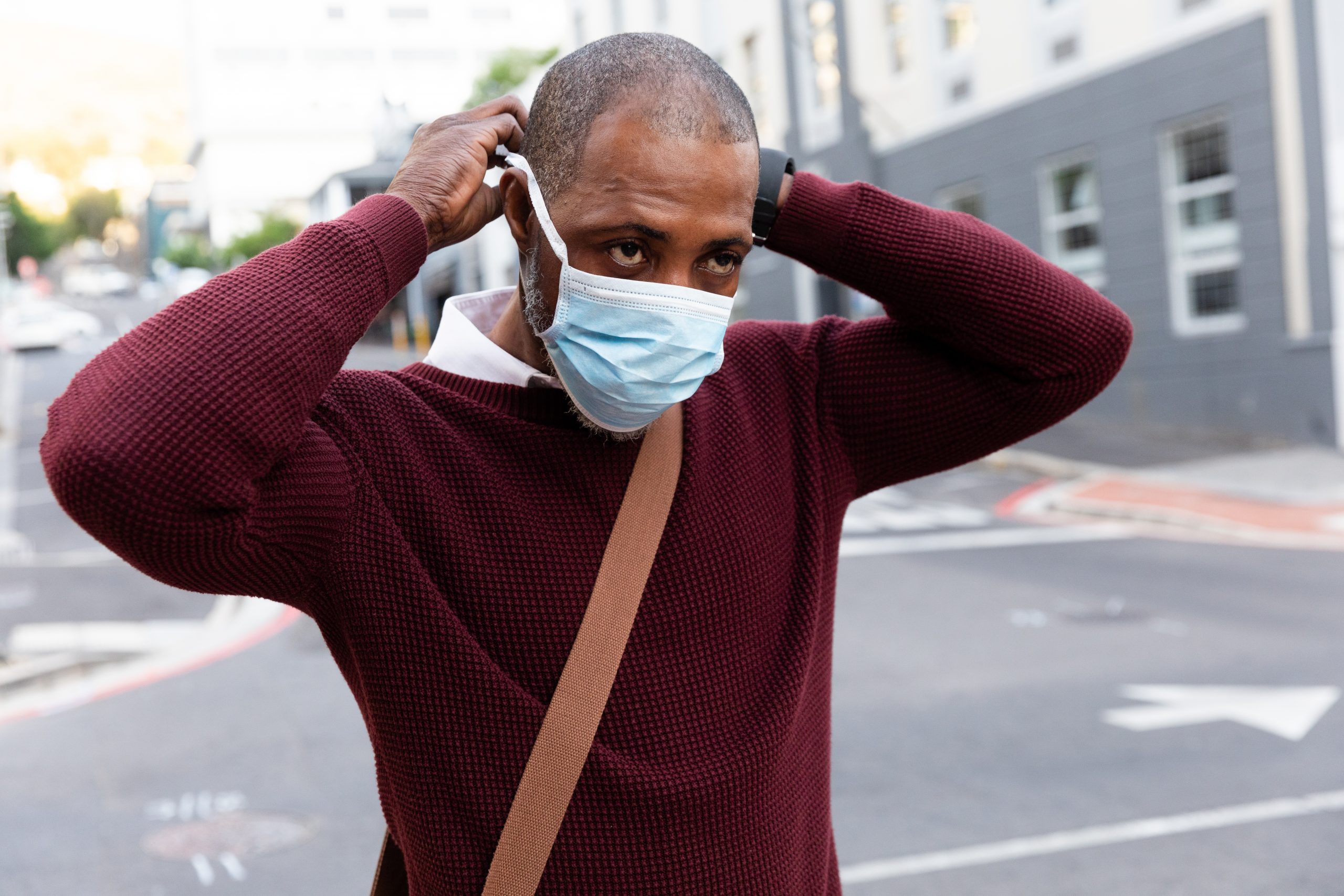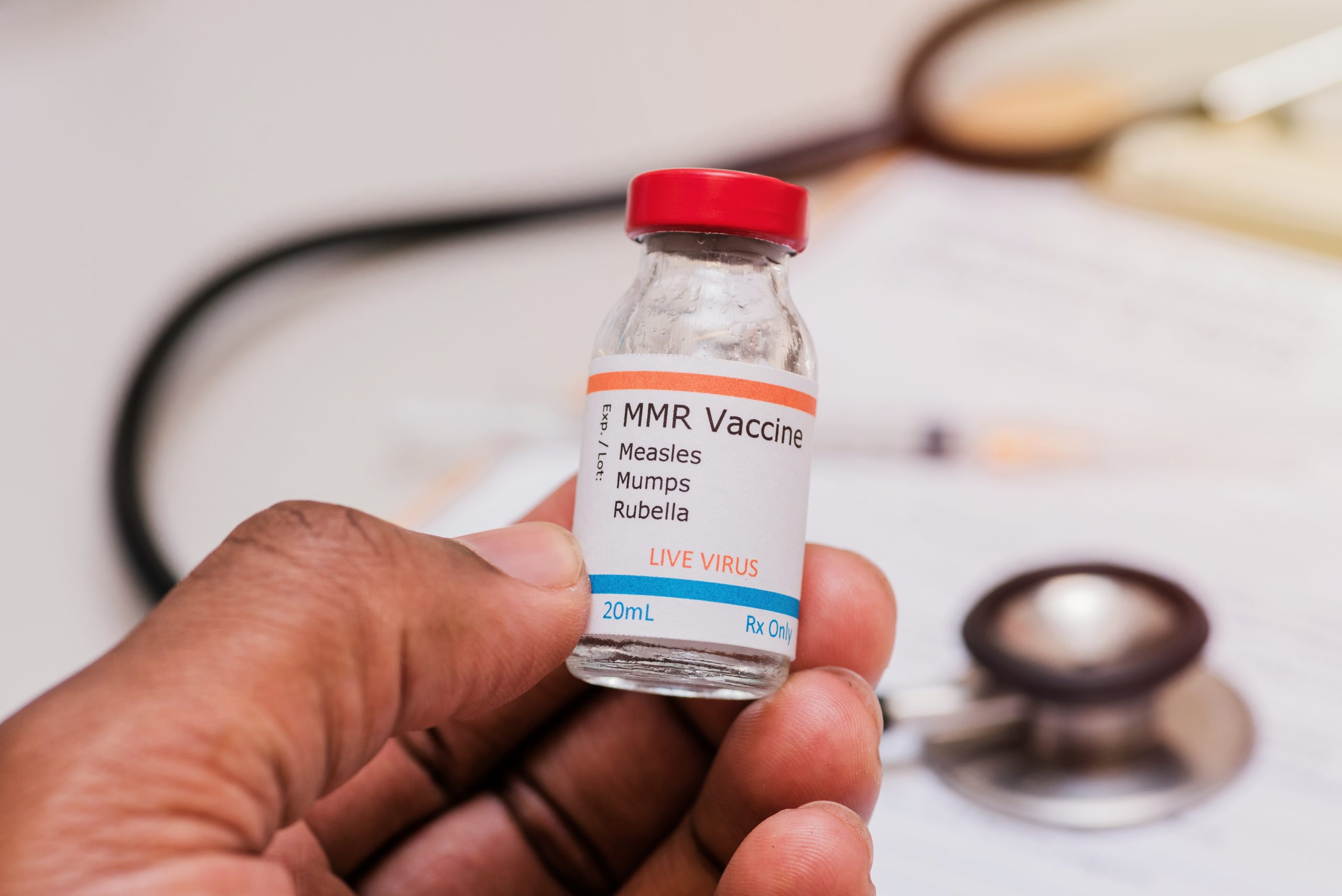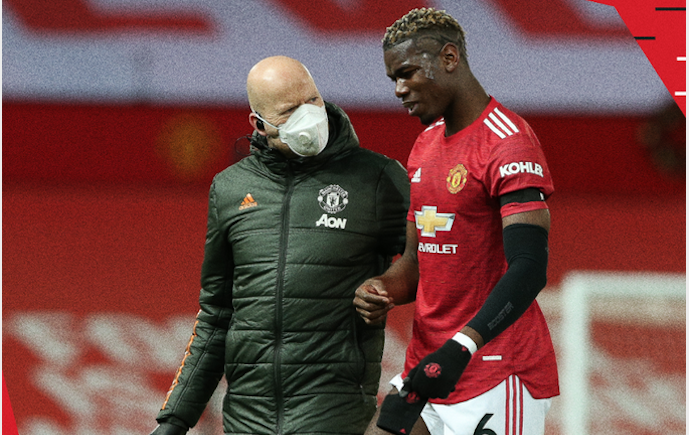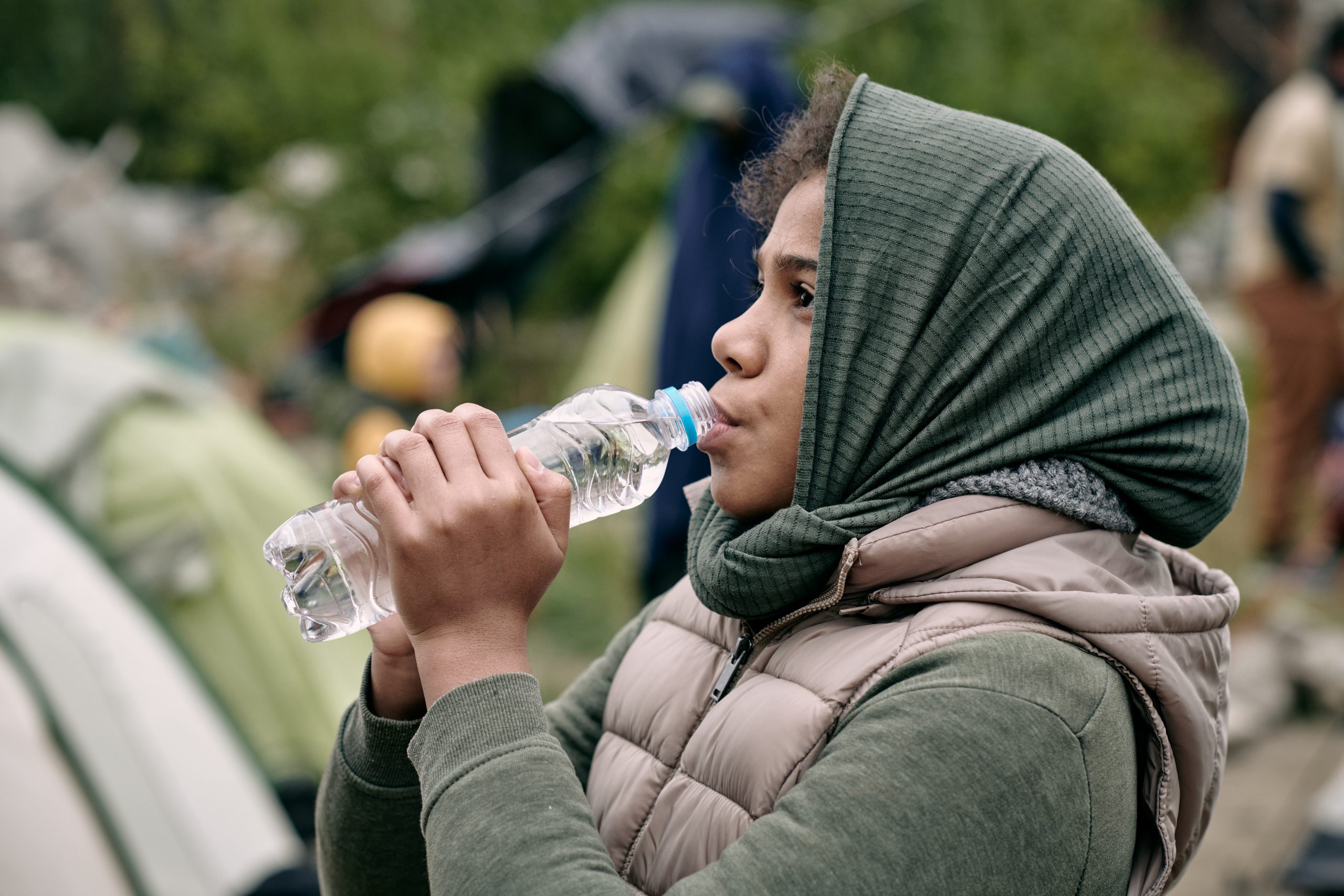HEALTH
AFRIQUE : COVID-19 compromises essential health services in Africa

Brazzaville, November 5, 2020 – The COVID-19 pandemic has dealt a severe blow to key health services in Africa, raising concerns that some of the continent’s major health problems are worsening.
A preliminary study by the World Health Organization (WHO) conducted in 14 countries on five indicators of essential health services, including outpatient care, hospitalization of patients, childbirth in the presence of qualified personnel, the treatment of confirmed malaria cases and the provision of a combined pentavalent vaccine reveals a significant drop in the delivery of these services between January and September 2020 compared to the previous two years.
Differences in benefits were greatest in May, June and July, which is the period when many countries had to impose movement restrictions and other social and public health measures to contain the spread of COVID-19. During these three months, service delivery in the five areas studied fell by more than 50% on average in the 14 countries compared to the same period in 2019.
“The COVID-19 pandemic has had indirect and dangerous health impacts in Africa. To the extent that health resources are heavily focused on COVID-19, coupled with fear and restrictions on people’s daily lives, vulnerable populations face an increasing risk of falling through the cracks,” said Dr Matshidiso Moeti, WHO Regional Director for Africa.
We need to strengthen our health systems to better withstand future crises. A robust health system is the foundation of emergency preparedness and response. As countries relax COVID-19 restrictions, we must not let the pandemic resurface,” Dr. Moeti added. “A new wave of COVID-19 infections could further disrupt critical health services that are just recovering from the initial impact.”
Even before the COVID-19 pandemic, maternal mortality in sub-Saharan Africa was at an unacceptable level, accounting for about two-thirds of maternal deaths worldwide in 2017.
Preliminary data indicate that COVID-19 is likely to exacerbate the health challenges women face, and a new analysis reveals that deliveries with qualified personnel have fallen in all 14 countries. In Nigeria, 362,700 pregnant women were left without prenatal care between March and August 2020. More than 97,000 women gave birth outside of health facilities and more than 193,000 did not receive post-natal care within two days of delivery.
There were 310 maternal deaths in Nigeria’s health facilities in August 2020, almost double the number in August 2019.
1.37 million more children in the entire African region have not had the Bacille Calmette-Guerin (BCG) vaccine which protects against tuberculosis and 1.32 million more children under one year old, did not get the first dose of measles vaccine between January and August 2020, compared to the same period in 2019.
Immunization companions against measles, tuberculosis, yellow fever, polio and other diseases have been repelled in at least 15 African countries this year. The introduction of new vaccines has been suspended and several countries have experienced vaccine shortages.
The WHO also provided countries with advice on how to ensure the continuity of other essential health services by optimizing the parameters for the delivery of these services, redistributing the resources allocated to health workers and proposing ways to ensure a continuous supply of medicines and other health goods.
As part of the COVID-19 response, health workers have benefited from strengthened infection prevention and control capacity, strengthened laboratories, and improved data collection and analysis. These efforts are contributing to the fight against the virus while strengthening health systems.
Dr Moeti spoke today at a virtual press conference hosted by the APO Group. She was joined by Professor Ifedayo Adetifa, epidemiologist at the KEMRI-Wellcome Trust Research Programme and Associate Professor at the London School of Hygiene and Tropical Medicine and Professor Régina Kamoga, Executive Director of the Community Health and Information Network and Chair of the Ugandan Alliance of Patient Organizations (UAPO).
(FIN)
HEALTH
COVID 19 – A new variant we discovered

According to a senior official at the World Health Organization, a new highly mutated variant of COVID called BA.2.86 has been discovered in several countries including Switzerland, South Africa, as well as Israel, Denmark, the United States and the United Kingdom.
According to “Reuters”, the variant was first spotted in Denmark on 24 July after sequencing of the virus infecting a patient at risk of becoming seriously ill”. And so it was detected “in other symptomatic patients, during routine checks at airports and in wastewater samples in a handful of countries”.
Thus, scientists have indicated that “although it was important to monitor BA.2.86, it was unlikely to cause a devastating wave of serious illness and death given the immune defenses developed worldwide as a result of vaccination and previous infection”.
WHO COVID-19 technical officer Maria Van Kerkhove said, “The numbers are still low”. But the reduction in global surveillance could lead to rapid circulation of the virus…
HEALTH
TOBACCO CONTROL: Seven out of 10 people protected by anti-smoking measures

A new report from the World Health Organization (WHO) highlights that 5.6 billion people, or 71% of the world’s population, are now protected by at least one good practice policy to save lives from deadly smoking, five times more than in 2007.
Over the past 15 years, since WHO’s MPOWER measures were introduced globally, smoking rates have fallen. Without this reduction, the UN World Health Agency estimates that there are now 300 million more smokers worldwide. This new WHO report on the global tobacco epidemic focuses on protecting the public from passive smoking, noting that nearly 40% of countries now have fully non-smoking indoor public places. The report assesses the progress made by countries in tobacco control and shows that two other countries, Mauritius and the Netherlands, have reached the level of best practices for all MPOWER measures, a feat that only Brazil and Turkey have achieved so far. These data show that, slowly but surely, more and more people are protected from the harms of tobacco by WHO policies based on evidence and best practices.”said Dr Tedros Adhanom Ghebreyesus, Director-General of WHO, congratulating Mauritius on becoming the first country in Africa and the Netherlands on becoming the first country in the European Union to implement WHO’s comprehensive tobacco control policies at the highest level. Eight countries are only one policy away from joining the leaders of tobacco control: Ethiopia, Iran, Ireland, Jordan, Madagascar, Mexico, New Zealand and Spain. However, much remains to be done: 44 countries are not protected by any of WHO’s MPOWER measures. At the same time, 53 countries have still not adopted a total ban on smoking in health facilities. In addition, only half of the countries have smoke-free private workplaces and restaurants.
Passive smoking
“WHO urges all countries to implement all MPOWER measures at the level of best practices to fight the tobacco epidemic, which kills 8.7 million people worldwide, and to oppose the tobacco and nicotine industries, who are lobbying against these public health measures,” said Dr Ruediger Krech, Director of Health Promotion at WHO. About 1.3 million people die each year from second-hand smoke. All of these deaths could be prevented. People exposed to second-hand smoke are at risk of dying from heart disease, stroke, respiratory disease, type 2 diabetes and cancer. In this fight against tobacco, the ban on smoking in public spaces is only one of the measures of the Effective Tobacco Control Package, MPOWER, designed to help countries implement the WHO Framework Convention on Tobacco Control and stem the tobacco epidemic. The paper shows that all countries, regardless of income level, can lower the demand for deadly tobacco, achieve major public health victories and save billions of dollars in health care and production costs.
HEALTH
SENEGAL – 400 cases of measles recorded

Measles is back in force, with more than “400 cases recorded nationally”. It is a revelation of Doctor Boly Diop, responsible for epidemiological and post-vaccination surveillance at the Ministry of Health and Social Action, on Thursday, July 13, 2023.
“Performance in the first half of the year revealed the existence of a measles epidemic,” said Dr. Boly Diop, noting that Fatick is the only one of the country’s 14 regions that has yet to register a confirmed case of measles.
Outside of Fatick, all regions have confirmed cases of measles and there are districts that have become epidemic. This means that today, measles is back in force, there are confirmed cases and epidemics that are recorded throughout the regions,’ he said, on the sidelines of a quarterly coordination meeting for epidemiological surveillance.
-

 EAST AFRICA1 year .
EAST AFRICA1 year .TANZANIA – President meets with Chairman of the Board and CEO of the Merck Foundation
-

 CULTURE1 year .
CULTURE1 year .SENEGAL – Massamba Guèye wants to democratize the story
-

 CULTURE3 years .
CULTURE3 years .SENEGAL – “Sadik Lady” by Viviane Chidid
-

 CULTURE2 years .
CULTURE2 years .SENEGAL – Thiéboujeun inscribed on the World Heritage Site
-

 A LA UNE3 years .
A LA UNE3 years .GUINÉE: Manchester United: Paul Pogba absent several weeks
-

 MOROCCO1 year .
MOROCCO1 year .MOROCCO – The King of Morocco Mouhamed VI finally in Dakar, tomorrow Tuesday
-

 IMMIGRATION9 months .
IMMIGRATION9 months .AFRICA – Migrant smuggling brings 59 billion CFA francs to smugglers per year
-

 HANDBALL3 years .
HANDBALL3 years .TOKYO 2021 – France’s women’s handball team dominates Sweden and go to the final



